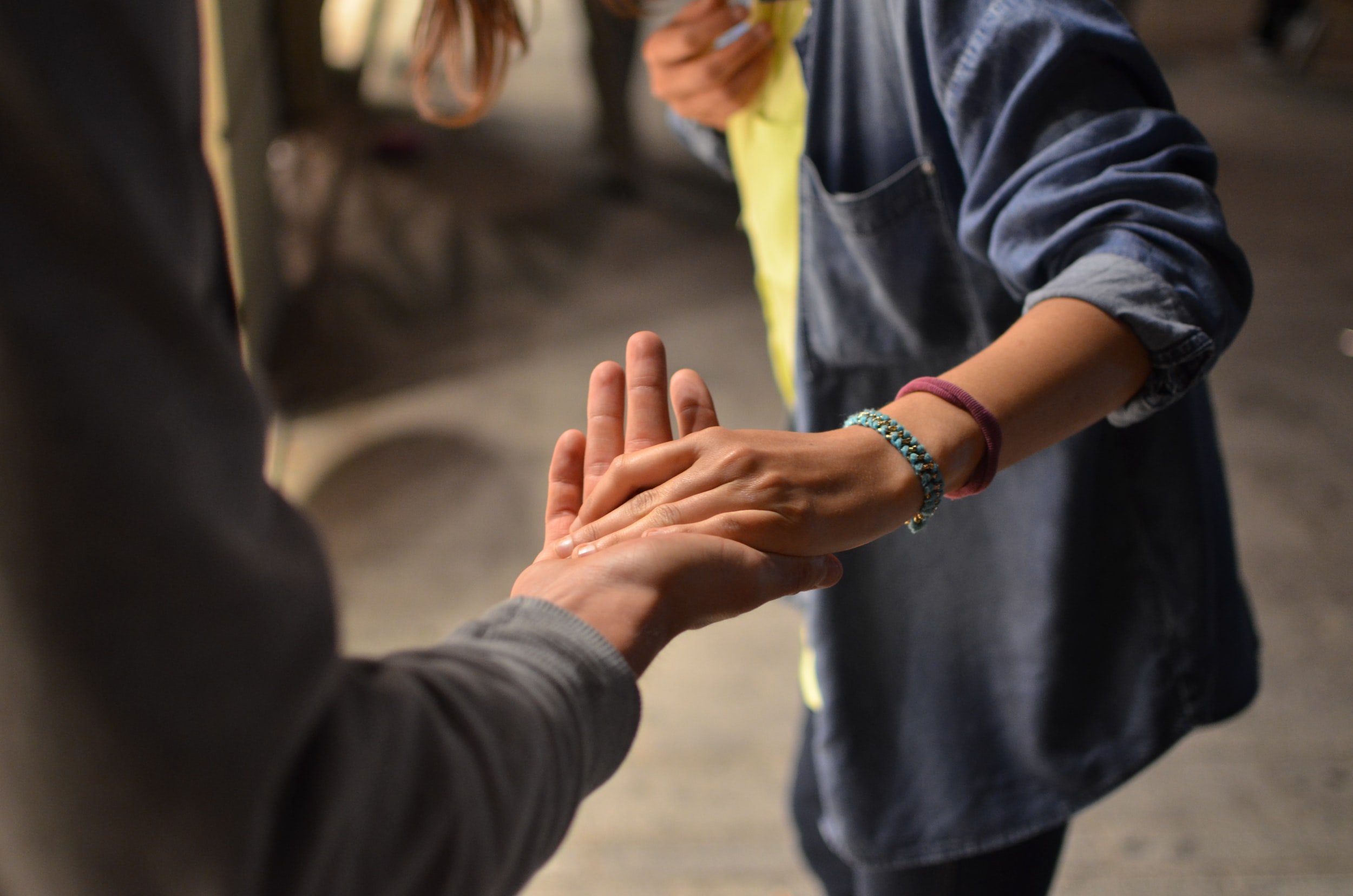
Search our site…
Toxic Masculinity
Toxic Masculinity stems from the idea that there is one way to considered masculine. These are typically traditional stereotypes of what it is to be a man. Usually encouraging violence, high earning potential and ‘toughness’ whilst excluding any emotional intelligence along with encouraging conforming to gender stereotypes for any partners.
The issue is that many ‘role models’ can start out as positive but over time can start to represent something darker whilst appearing to show young men a positive path. There have been famous examples on social media channels that can start by showing younger generations of men how to eat healthy and have good exercise habits, also encouraging ideals for career aspects. All of this is very positive so it wouldn’t be alarming to begin with. However some of these ‘influencers’ have then gradually introduced sexism, homophobia and other outdated views. This then leads to poor mental health, bullying, violent outbursts among others. Some further resources and videos can be found below:
Andrew Tate is a Father Figure to Me - Lessons Learnt from Talking to Young People in Schools
Bold Voices is an award-winning social enterprise preparing and empowering school communities to recognise and tackle gender inequality and gender-based violence through the delivery of educational talks, workshops, training and resources for young people, teachers and parents.
This link will take you to advice and guidance for schools on what we can do about Andrew Tate and how to talk to young people about him.
Brook: Countering Online Misogyny in the Classroom
Nick Dunne is Brook’s Head of Business Development and has over 20 years’ experience as a sexual health educator and trauma-informed counsellor.
In particular with boys and young men. In this blog, he draws on this experience to give practical advice to educators dealing with the rise of hateful and Misogynistic rhetoric stemming from the popularity of influencers like Andrew Tate.
CrimeStoppers Violence Against Women and Girls Report Launch
The report by the University of Suffolk sheds light on general attitudes to sexual harassment and the age at which victims are targeted and follows the impact of the #MeToo movement against sexual abuse and harassment. Over 1,800 people participated in the survey.
None of the questions were mandatory due to the sensitivity of the subject matter.
Durham University - Toolkit on Engaging with Men and Boys about Masculine Gender Norms
This toolkit is designed to be used by anyone interested in learning more about how to engage effectively with men and boys about issues connected to masculinity and gendered social norms. There are eight sections to the Toolkit: What Are Gender Norms And Why Do They Matter?, Some Steps We Can All Take, Starting Points For Conversations With Men And Boys, Good Practice Pointers, Some Issues which Might Arise, Examples Of Interventions With Men and Boys In The UK, Key Resources, Other Useful Toolkits, Poster: A to Z of Engaging with Men And Boys.
Edit Change Management - Andrew Tate and His Boys: An Educators Guide
The Do’s and Don’ts of dealing with someone like Andrew Tate in the Classroom.
A Guide for Schools.
Internet Matters - What is Misogyny: Prevent and Tackle Hate Online Against Girls
Misogyny is a form of online hate that targets women and girls. It is promoted in different communities
online where influencers promote a narrative that women should be treated as less than men. This guide
explores where misogyny is introduced to young people online and the effective actions you can take to
challenge these ideas.
A Toolkit to Support Schools. Research in 2017 showed that sexual harassment in schools was rife in schools. The research identified that over a third of girl students at mixed sex schools have personally experienced some form of sexual harassment at school and almost a quarter of female students at mixed sex schools have been subjected to unwanted physical touching of a sexual nature while at school.
Our vision is a world free from public sexual harassment, a world which empowers, listens to and believes survivors, and which challenges this culture of gender-based violence and intersecting forms of oppression, rather than upholding it.
Launched in 2019 and have led on work to make public spaces safer and in 2023 changed the law making public sexual harassment a criminal offence. OurStreetsNow are tackling harassment in four key areas: Schools, Higher Education, High Streets, Sports.
A resource to help schools understand the issues and risks, teach about these topics safely, address the issues through KS1-KS2 PSHE, develop the learning through PSHE Education at KS3, 4 , 5 and Post 16 along with teaching resources and related learning.
SecEd: Andrew Tate: Responding to Misogyny in Schools
Lucy Emmerson explores how RSE tackles issues including gender, power, equality, respect, consent and healthy relationships.
Psychologists from the BPS have reported a rise in teachers requesting help to support children and young people
exposed to ‘toxic’ extreme views of social media influencers like Andrew Tate. Youngsters who lack self-confidence or self esteem or who are lonely and isolated are at particular risk of being drawn to influencers like Tate as it could give them a sense of belonging and connection.
VotesForSchools - Teaching About Misogyny and Incel Culture in Schools
Teenage years are being influenced by the online world more than ever before. While the Internet can be a source of education and community, sometimes the education and community it provides can be dangerous, such as the rise of Incel culture and online misogyny. The article talks about the rise of misogyny and Incel culture online, the growing influence of Andrew Take and how these issues can be addressed in the classroom.
